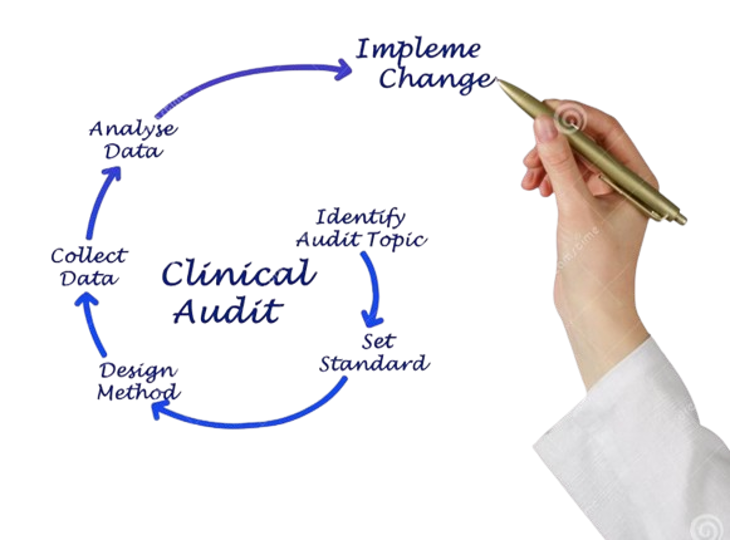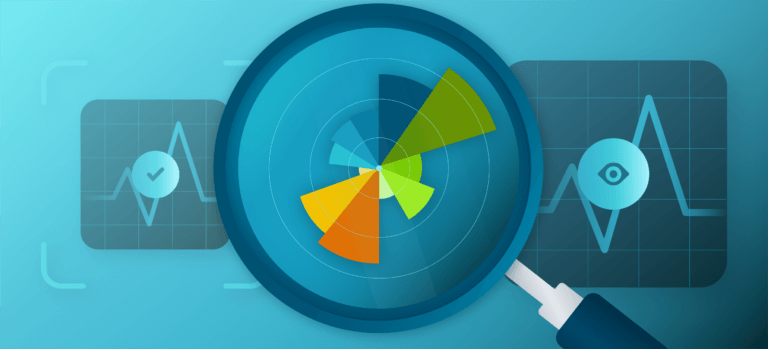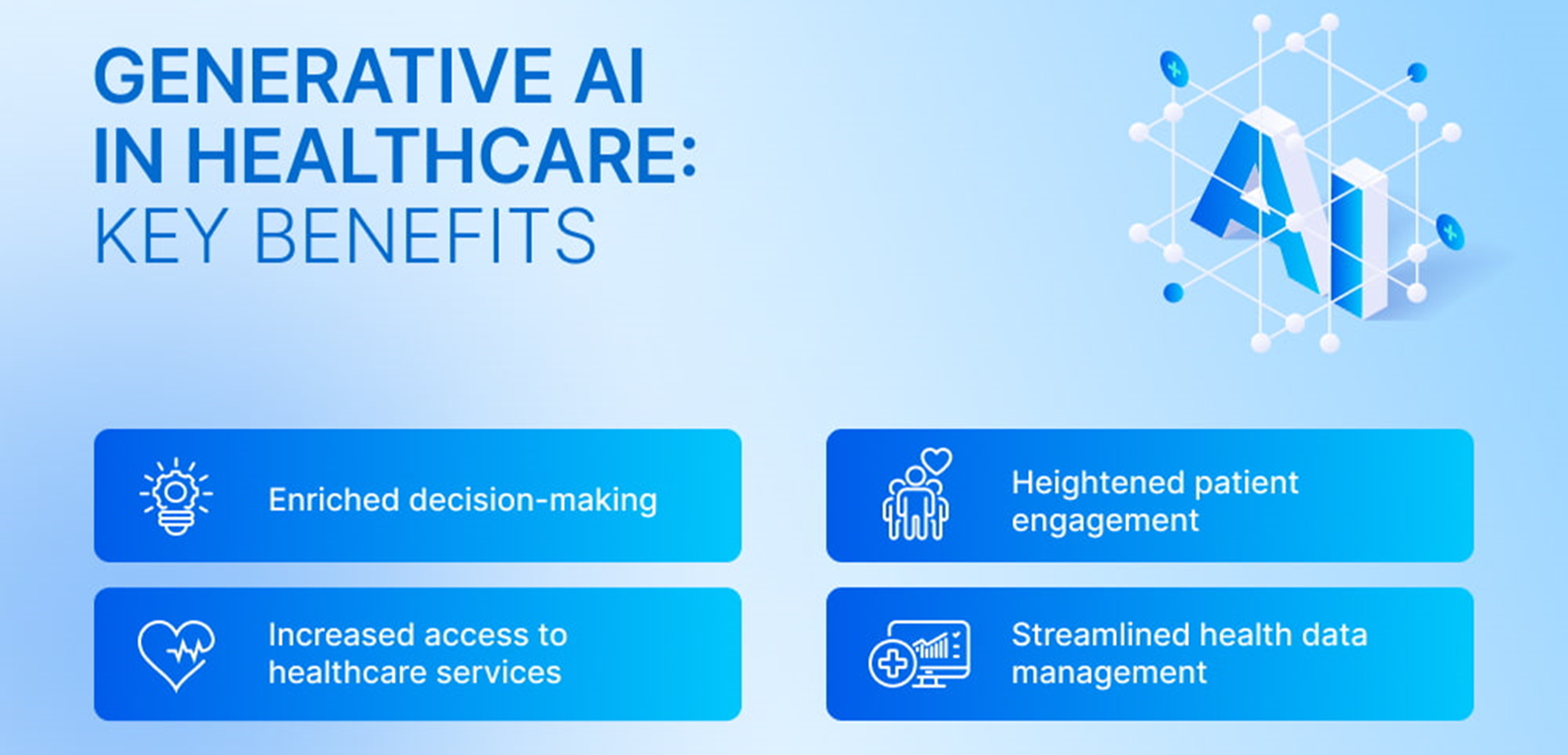Introduction to Clinical Audits and AI in Healthcare
Clinical audits serve as a cornerstone in the continuous effort to enhance the
quality of patient care within the healthcare sector. By systematically reviewing
practices and outcomes against established standards, clinical audits offer a
structured pathway for identifying performance gaps and implementing targeted
improvements. In the realm of anaesthesia, where the margin for error is notably
slim and the stakes are inherently high, the role of clinical audits becomes even
more critical. These audits focus on various aspects, including patient safety,
adherence to best practices, and the effectiveness of anaesthetic interventions,
ensuring that anaesthetic care remains both safe and efficient.
Parallel to the evolution of clinical audits, the field of Artificial Intelligence
(AI) has seen remarkable growth, particularly in its application within healthcare.
AI, with its ability to process and analyze vast amounts of data at unprecedented
speeds, offers a new dimension to traditional healthcare practices. In clinical
audits, AI's role is increasingly significant, providing advanced tools for data
analysis, predictive modeling, and decision support. The integration of AI into
healthcare audits represents a promising frontier, particularly in specialties like
anaesthesia, where precision and timely decision-making are paramount.
The fusion of AI with clinical audits in anaesthesia heralds a transformative shift,
promising not only to streamline audit processes but also to elevate the standard of
care delivered to patients. As we delve deeper into this integration, it's essential
to understand the specific challenges and opportunities that AI presents in the
context of anaesthesia, exploring how this technology can be harnessed to enhance
patient outcomes and improve clinical practices.

.png)




